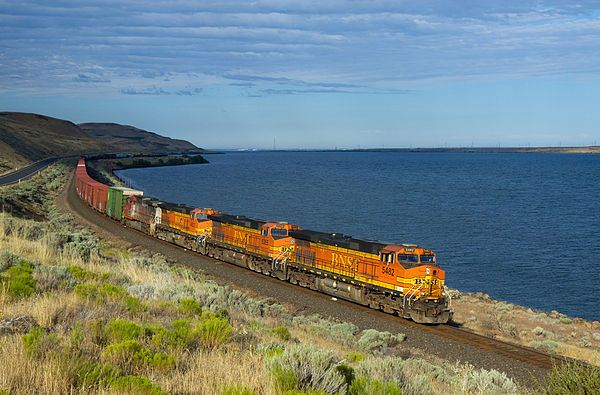 Despite several challenges, stakeholders in the logistics and transport sector are generally feeling optimistic, particularly those from the aviation and rail industries, with shipping the least optimistic, according to Norton Rose Fulbright’s “The Way Ahead: Transport Survey 2017.”
Despite several challenges, stakeholders in the logistics and transport sector are generally feeling optimistic, particularly those from the aviation and rail industries, with shipping the least optimistic, according to Norton Rose Fulbright’s “The Way Ahead: Transport Survey 2017.”
But the report said that while on the whole respondents from the shipping industry remain despondent, it is encouraging to see indications that sentiment is improving.
The report noted how the sector is experiencing rapid and sweeping changes, driven largely by the development of new technology, new market entrants offering alternative modes of transport, and growing urban populations putting existing services under pressure.
For this year, the survey asked respondents in the aviation, rail, shipping, and logistics sectors where they see opportunities for growth in their evolving industries.
Results indicated that closer collaboration with other forms of transport and investment in new technology are seen to present the best opportunities for growth in the sector over the next five years.
Respondents from the rail, shipping, and logistics industries view integration with other forms of transport services as the infrastructure investment that would benefit the sector the most between now and 2022, as this would enable the development of bespoke end-to-end passenger journeys, or tailored supply chains.
Enthusiasm for integration is more muted among aviation respondents. They are instead calling for additional capacity, particularly in emerging markets.
Interest in technology investment has increased significantly over the past year. A fifth of respondents view new technology as the optimal investment opportunity for their industry currently, ahead of investment in infrastructure improvements.
Big data and predictive analytics are expected to be the most significant driver of change in the sector over the next five years. The ability to anticipate repairs and maintenance and to better understand and forecast consumer behavior has the potential to provide operators with a significant competitive advantage, at a time when two-thirds of respondents are expecting operators to face increasingly fierce competition.
In addition to competition, respondents warn of inadequate infrastructure and a lack of suitably qualified people, and in the shipping industry in particular, overcapacity. Concern over the ability to recruit employees with the appropriate skills is growing, rising from 11% in 2016 to 16% this year.
Respondents are also apprehensive about the impact that global political uncertainty will have on transport businesses, during a period in which the economic and foreign policies of a number of major transport markets are in the process of being reset.
This, followed by a global recession, is seen as the greatest threat to the sector over the next five years.
The survey by global law firm Norton Rose Fulbright was sent to people engaged in the transport sector and was open for responses during April 2017.
The 196 respondents included owners and operators, financial institutions, professional advisers, manufacturers, and members of government organizations and transport authorities from around the world.
Photo: Kabelleger / David Gubler





